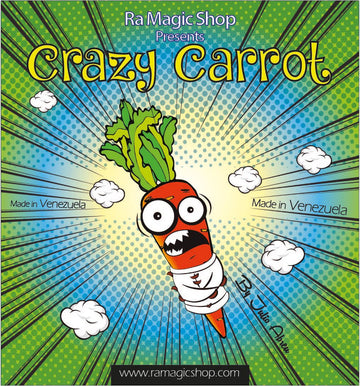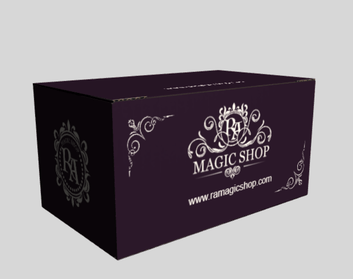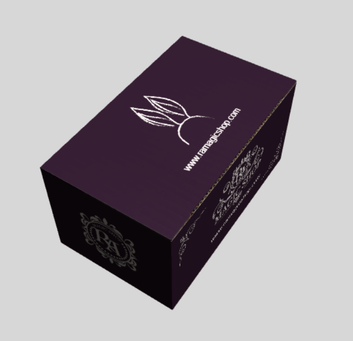The Psychology of Magic: Understanding the Mind-Bending Art
por Ra Solorzano en Sep 24, 2023

Magic, with its ability to defy the laws of reality and astonish audiences, is not just about sleight of hand; it's also about the intricate workings of the human mind. In this article, we will delve into the psychology of magic, exploring how magicians manipulate perception, cognition, and attention to create their mind-bending illusions.
The Foundations of Magic
Magic tricks are built upon the principles of psychology, particularly in the realms of perception and cognition:
1. Misdirection
Misdirection is a fundamental technique in magic. It involves diverting the audience's attention away from what is truly happening. Magicians exploit the limited capacity of our attention and direct it toward something seemingly significant while performing the secret actions required for the trick.
2. Psychological Illusions
Magic tricks often create psychological illusions. These illusions exploit the brain's interpretation of sensory information. For example, a magician might use the Müller-Lyer illusion, which distorts the perception of line lengths, to make objects appear longer or shorter than they are.
3. Pattern Recognition
The human brain is wired to recognize patterns and make quick judgments based on incomplete information. Magicians leverage this tendency to create tricks that rely on pattern recognition, leading the audience to incorrect conclusions.
4. Confirmation Bias
Confirmation bias is the tendency to interpret information in a way that confirms our preconceptions. Magicians use this bias to make audiences see what they expect to see, even when it contradicts reality.
The Power of Attention
Understanding the psychology of attention is crucial for magicians. Here's how attention comes into play:
1. Selective Attention
People can only focus on a limited amount of information at a time. Magicians exploit this by creating distractions or using misdirection to shift the audience's selective attention away from crucial elements of the trick.
2. Inattentional Blindness
Inattentional blindness occurs when people fail to notice an unexpected object or event because their attention is focused elsewhere. Magicians use this phenomenon to introduce surprising elements into their tricks that go unnoticed until revealed.
Cognitive Biases and Magic
Cognitive biases are systematic patterns of deviation from norm or rationality in judgment. Magicians use several cognitive biases to their advantage:
1. Anchoring
Anchoring is the tendency to rely too heavily on the first piece of information encountered when making decisions. Magicians often use anchoring to lead the audience toward false conclusions.
2. Hindsight Bias
Hindsight bias is the inclination to see events as having been predictable after they have already happened. Magicians take advantage of this bias to make their tricks appear even more astounding in retrospect.
The Psychology of Surprise
Surprise is a central element of magic. When an audience is genuinely surprised, their minds temporarily let go of rational explanations. This is the moment when the impossible appears possible, and magic truly happens.
Psychological Ethics in Magic
Ethical considerations are paramount in magic. Magicians have a responsibility to create wonder without causing harm or exploiting cognitive vulnerabilities. There is a code of ethics among magicians that includes not revealing the secrets of tricks to non-magicians and ensuring that tricks do not deceive or manipulate in harmful ways.
Conclusion
The psychology of magic is a fascinating exploration of how our minds perceive, interpret, and sometimes misinterpret the world around us. Magicians are not just entertainers; they are master psychologists who understand the intricacies of human perception, cognition, and attention. As long as there are minds to be tricked and wonders to be experienced, the psychology of magic will continue to captivate and amaze audiences around the world.









